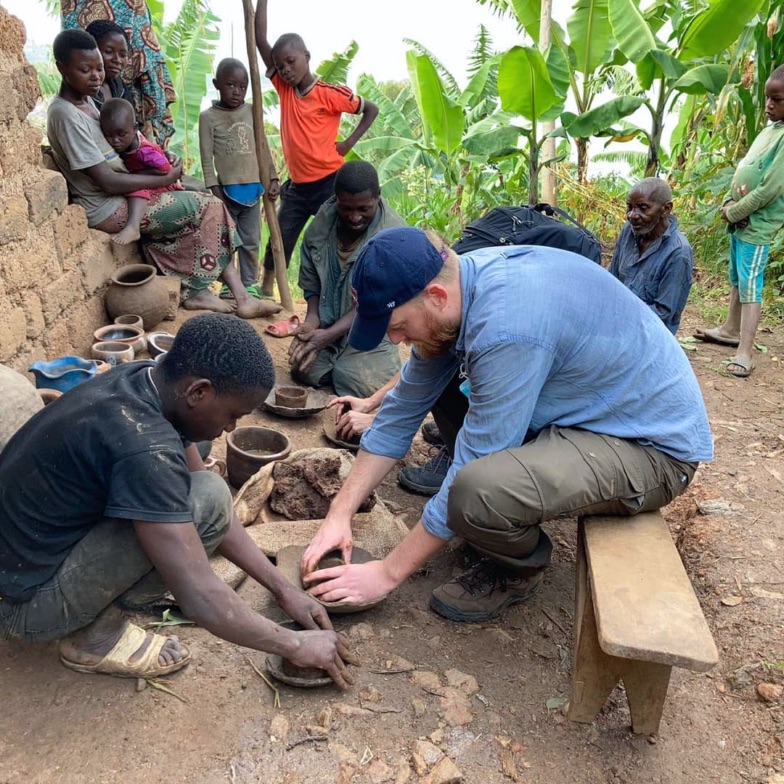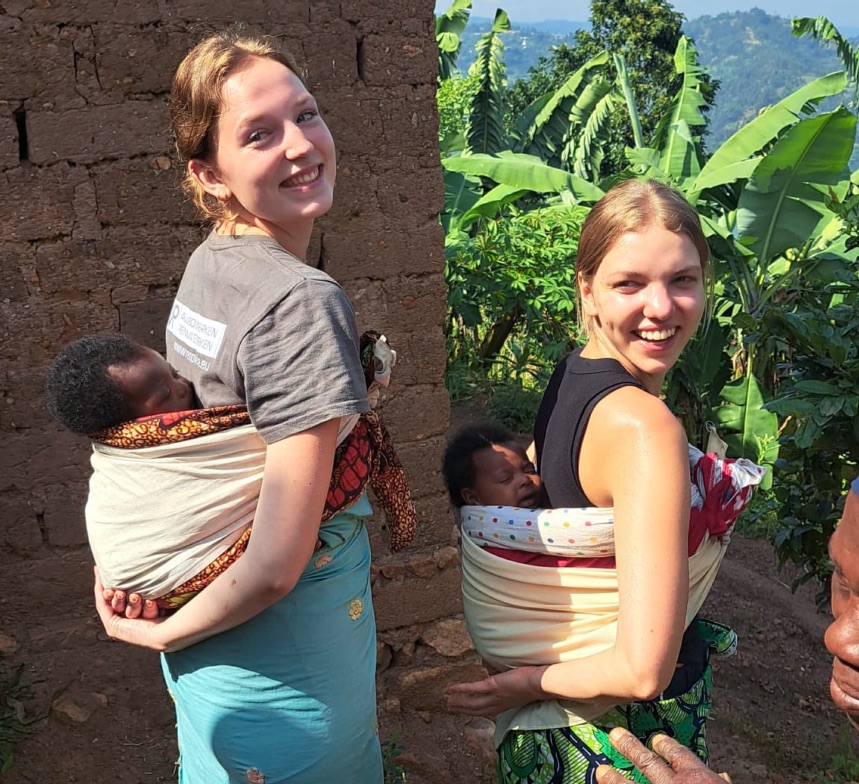Historically Marginalised People: Ancient Culture on the Congo Nile Trail

Tucked along the Congo Nile Trail, just 7 km from Rubona (Gisenyi), is a chance to interact with the indigenous people of the Gorilla Highlands: the Batwa, in Rwanda also known as “Twa” and officially termed “Historically Marginalised People”.
Because of the country’s tragic experience with the 1994 genocide against the Tutsi — a huge number of the Batwa were targeted too, perceived to be Tutsi sympathisers — it is not allowed to single out different ethnicities. Still, the activity we are proposing is government-approved and an opportunity to contribute to the Batwa wellbeing. It costs USD 20 per person, and you should know this money will support a truly vulnerable community.
The Batwa, once hunter-gatherers of Gishwati and other forests, have to be celebrated for preserving a culture that stretches back thousands of years. The government has relocated them from the nearby Gishwati-Mukura National Park to several villages, one of them being Busoro. Close to the methane plant, they now share aspects of their cultural heritage with visitors, through pottery, stories, and a heartwarming ceremony.


What exactly is in store at the Batwa Pottery Experience?
Pottery magic: Get your hands muddy with local clay as Batwa artisans teach you to craft a pot, vase, or traditional piece using ancient techniques. It’s a tangible link to their forest roots and village life plus, you’ll have a cool keepsake!
Stories that captivate: The Batwa share tales of their forest days, their traditions, and their journey to village life. These stories reveal their resilience and offer a window into a world few get to know.
Intertwining ceremony: Wrap up with a symbolic ritual where natural fibres are woven around pots or participants, celebrating unity and the thread connecting past and present.
The activity takes only 1-2 hours, and represents a cultural moment that complements Rwanda’s epic landscapes. Come curious and respectful, the Batwa love sharing their world — if you show them they matter!
text and photos by Enock Musabyimana
